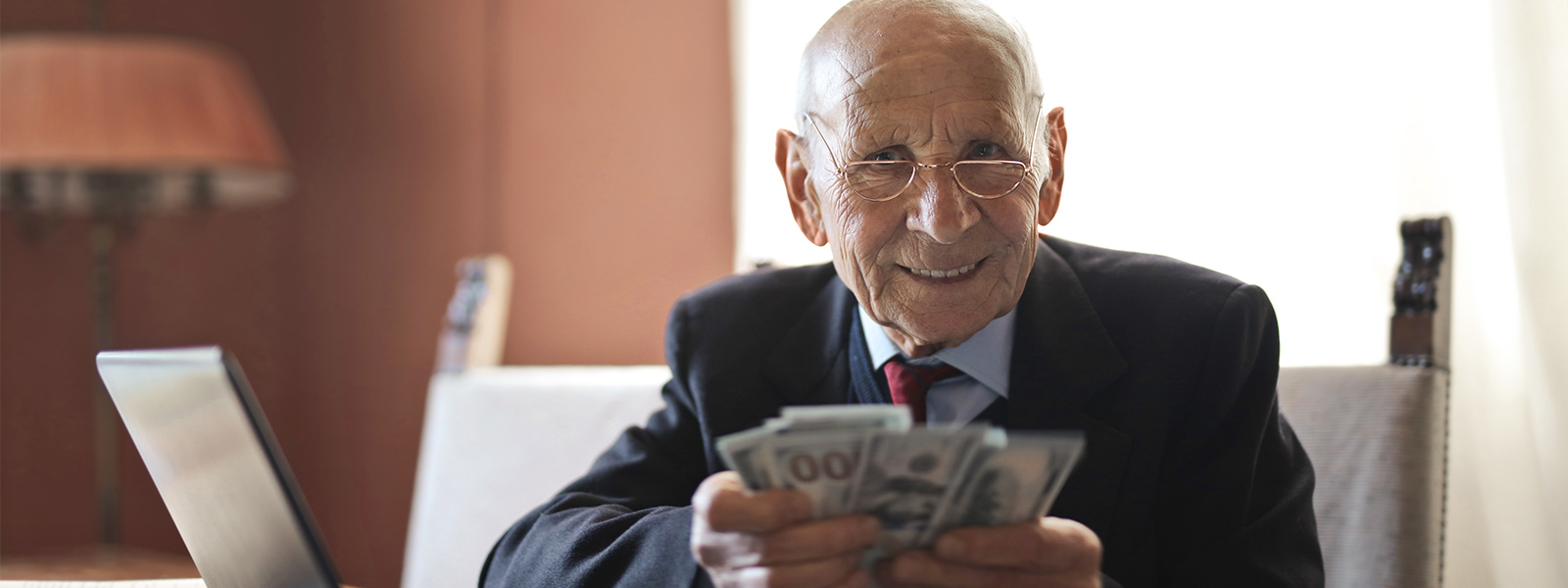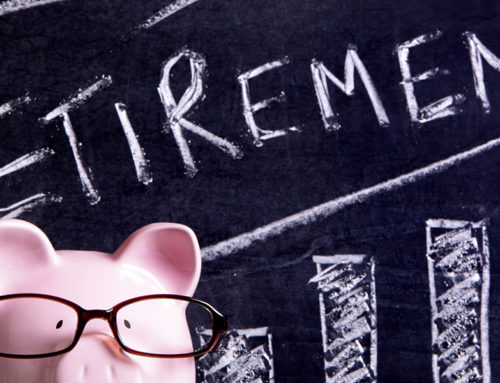I’ve been facilitating courses and seminars on Retirement Readiness for long enough that I have been a part of hundreds of people’s retirement planning process. Some have come back to see me after they retired. Others have sent a message and some people I have run into them socially. The feedback I have gotten is very positive and enormously rewarding. Here are some of the common things I have heard from retirees:
“You gave us a framework for planning.”
“We needed that nudge to get at it!”
“We started setting goals and targeting a time to retire after the course.”
‘You got me off my denial duff.”
“I really did not know where to start and so just put it off until it was looming. Your course got me on the right path.”
“Your book gave us a blueprint and a way to talk about our futures.”
These kinds of comments let me know that what I talk about is helpful and relevant.
How do I get ready for retirement?
It starts with doing some research. Communication is a great place to start. Talk to your spouse, if you have one. Talk to family members. You need to create a vision of the future and start figuring out timelines. Sometime, health issues force people into making these decision suddenly and so it’s best to be as prepared as possible. Sometimes employers force people to make retirement decisions because of a company crisis, buy out, squeeze out or just the dreaded pink slip.
It’s important to know your financial situation from your net worth to your monthly cash flow. You will need to understand your sources of income in retirement. You will need to think about your desired lifestyle and see if you have a match between how much income you will have and how much of your income gets spent. If you have a gap sometimes it may make sense to fill the gap by working longer, spending less, downsizing or relocating, or figure out how to generate more income in retirement. About a quarter of those between the ages of 65 and 70 are still working full or part time. Some of them are self-employed. See how you can make your world go round securely.
The average Canadian retiree spends about $2400 a month. How does you situation compare to that figure? You may want to test drive a retirement budget for a few months and see how that goes. A friend of mine followed that suggestion and decided that retirement at age 65 was more realistic than leaving at 61 as she had hoped to do.
Many Boomers are retiring with debt and then get a shock to the system when they have to deal with that debt on a reduced, fixed income. In Ontario, 30% of bankruptcies are seniors and those approaching retirement according to Canadian Press May 04, 2015. Pay day loans are tickets to the downward spiral of a debt hole. With debt comes restrictions and stress. Who needs or wants that in retirement?
A financial plan is important. Everyone can use a little sound financial advice. Lifestyle planning is also key. They are the two sides of the retirement coin.
The 3 R’s of revocate, relocate, and regenerate are the areas that require serious consideration. How are you going to answer your calling? Where and how are you going to live? What is going to get you out of bed in the morning eager to experience the day?







